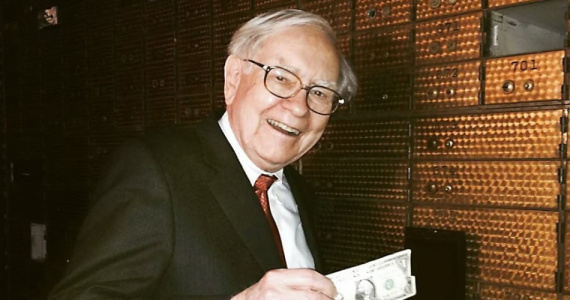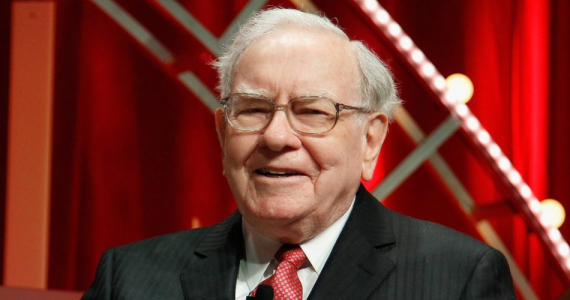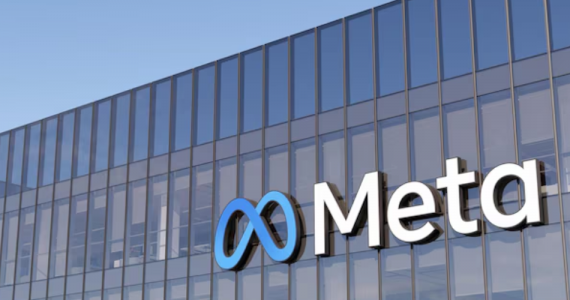On Tuesday, the unorthodox entrepreneur, Elon Musk, announced on Twitter that he was planning to take his electric carmaker, Tesla, private in a $60 billion acquisition deal. Insider sources are now claiming that Musk had tried to negotiate an investment deal with SoftBank Group Corp. last year but the talks quickly fell through after the two parties disagreed on the company’s ownership.
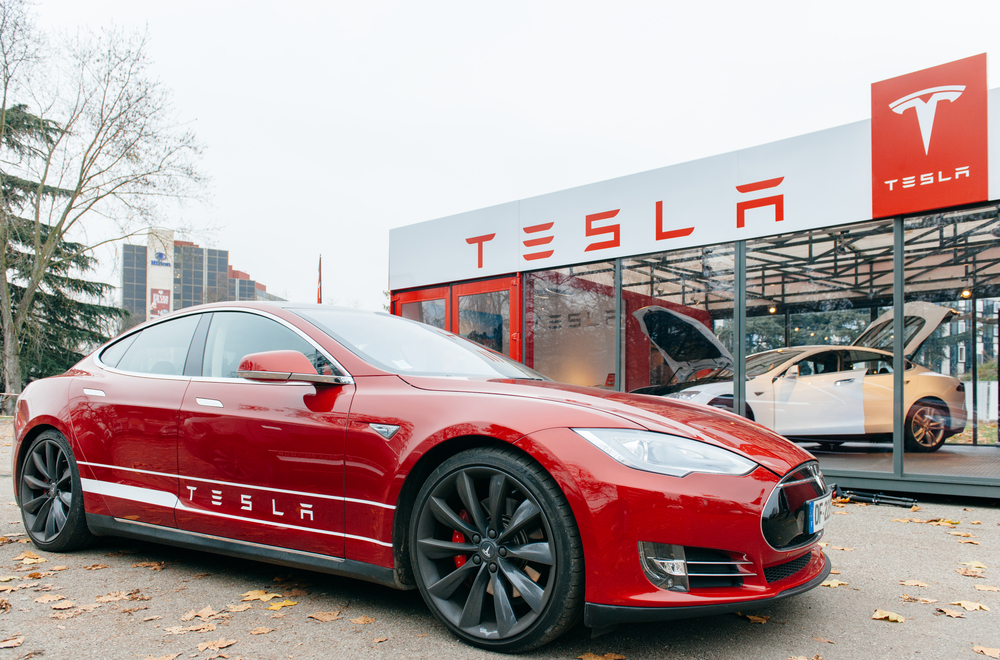
Taking Tesla Private
Elon Musk’s decision to take Tesla private could finally bring his unruly relationship with Wall Street to an end. The Twitter announcement from the mercurial entrepreneur came shortly after it was reported that Saudi Arabia’ sovereign wealth fund had shown interest in Tesla by making a $2 billion investment in the carmaker.
The privatization bombshell was dropped on Wall Street just around noon through Twitter, Musk’s unorthodox channel for breaking news, which left investors wondering if the CEO was playing some sort of a prank on them.
Immediately after Musk floated plans to take Tesla private, sources within the company said that the CEO had already touched upon the subject a year ago during investment talks with SoftBank, although, the deal quickly fell though due to Musk’s proposition of a ownership structure that would continue to give him control over the company.
The sources said that ever since the talks ended in in April 2017, the two groups have not tried to reinitiate the deal. For Softbank and Tesla declined to comment on the issue.
At the time of the alleged talks, Tesla’s stock prices were just under $300 per share. Ever since Musk’s announcement to take the company private on Tuesday, share prices have skyrocketed by 11 per cent to $378 per share, bumping up the company’s market cap to $82 billion. Musk currently has a 20 per cent stake in the electric carmaker, which means that he needs an addition $60 billion to buy back the stocks from public shareholders.
Musk Hesitant to Give Up Control
The $100 billion Vision Fund by Japan’s SoftBank has already made heavy investments in technology companies in return for a stake in the firms’ ownership and a say in how the business is managed.
Musk, who clearly prefers being at the forefront of every management decision made in Tesla, is reluctant to give up 100 per cent ownership in the company. Vision Fund is majorly backed by Saudi Arabia’s Public Investment Fund, which has already invested $2 billion in Tesla. Other firms like China’s Tencent Holdings Ltd. Are also building stakes in the electric carmaker.
But if Musk moves forward with Softbank, or any other international investor for that matter, for the acquisition of his California-based Tesla, the move could trigger concerns from the Committee on Foreign Investment in the U.S. which has been scrutinizing overseas investment deals lately and even blocking or limiting control of the company and the amount of sensitive information shared.
In the to-the-point tweet shared by Musk on Tuesday, he wrote ‘Taking Tesla private at $420. Funding secured,” moments after which the company’s share prices jumped by 11 per cent. If Musk manages to accomplish the feat, Tesla’s buyout will become the biggest in history, even surpassing the 2007 privatization of TXU. Many analysts are already skeptical of Musk’s ability to acquire $60 billion for a company with Tesla’s controversial reputation.
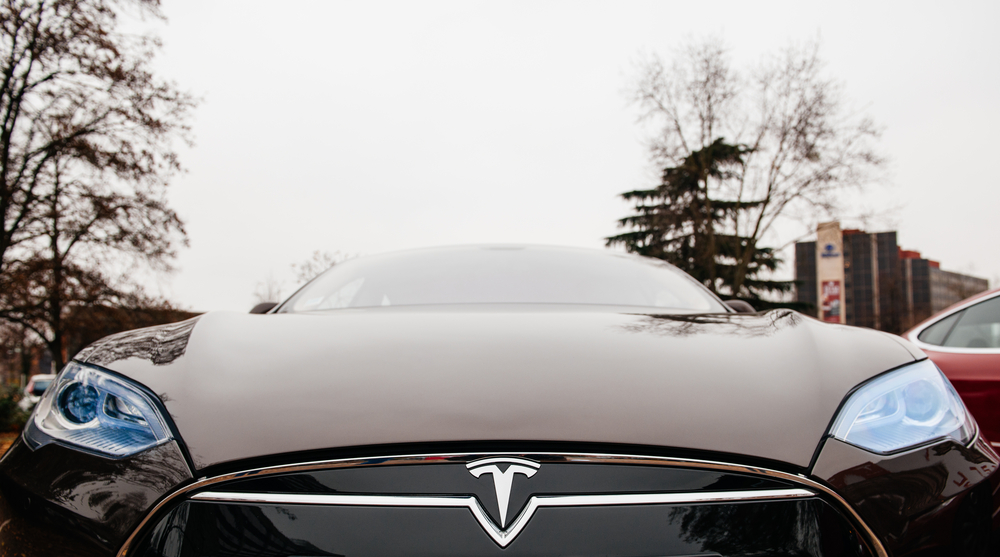
Reason Behind the Decision
The CEO sent out an email to company employees explaining the reason behind his decision to take Tesla private. He wrote that freeing the carmaker from the distractions of its wildly fluctuating stock prices will create the best environment for it to operate. He added that the employees are currently spending too much time and energy on quarterly earning cycles instead of focusing on long-term targets.
While justifying his decision on cutting ties with the Wall Street, Musk didn’t give specific details on how he plans on accumulating funds to buy back the shares or when he is hoping to give stockholders the buyout offer.
Many investors initially thought that Musk was trolling the internet through his Twitter post. The suspicions were fueled by the CEO’s mention of $420 per stock which was seen as a marijuana reference to 4/20. However, it seems like Musk his dead serious about his plans since making false public statements can get him in trouble for stock manipulation.



